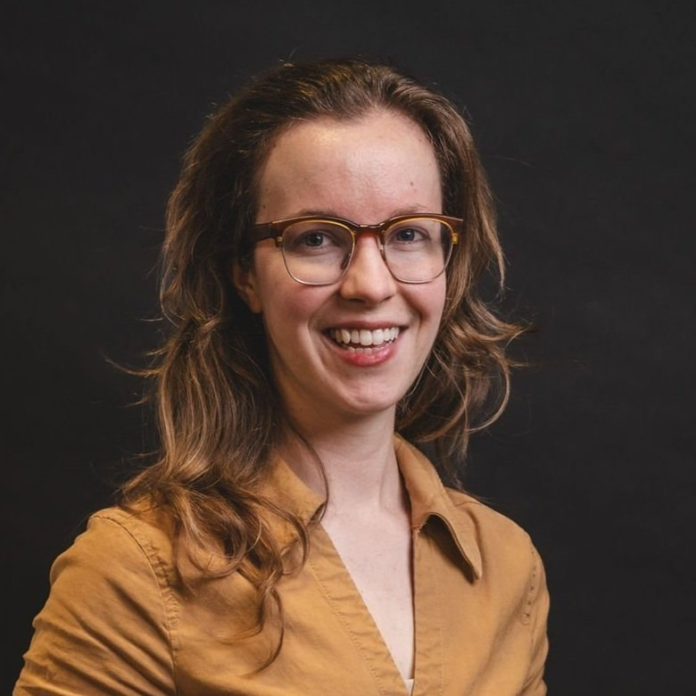COVINA, Calif. — The Align Foundation has launched the 2025 Protein Engineering Tournament, a global open-science competition that challenges researchers to use artificial intelligence and laboratory validation to design improved enzymes capable of breaking down plastic waste. The tournament is among the first to pair AI-driven enzyme design with large-scale experimental testing.
Plastic waste is projected to triple by 2060, yet less than 10 percent is recycled, according to the OECD’s Global Plastics Outlook. The Align Foundation’s initiative aims to address that gap by focusing on PETase, an enzyme that can degrade PET (polyethylene terephthalate) into reusable monomers, allowing true recycling rather than downcycling. The competition has already drawn more than 290 teams from 40 countries and is backed by sponsors including Twist Bioscience, Modal Labs, and EvolutionaryScale.
“Creating a benchmark that scientists can rally around is a powerful way to advance a field,” said Erika DeBenedictis, Ph.D., co-founder of The Align Foundation. “This tournament sets that benchmark for functional protein engineering by testing whether models can deliver enzymes that aren’t just structurally correct, but actually work in the real world.”
Researchers have long sought to engineer PETase variants that can withstand industrial conditions, such as high temperatures and variable pH levels. Despite a decade of progress, many versions still fail under real-world recycling environments. The tournament aims to overcome these challenges through collective innovation and standardized experimental validation.
Beginning December 1, the competition will take place in two phases. In the predictive phase, teams will use AI models to forecast how PETase sequences will perform, with results verified by independent laboratories. In the generative phase, participants will design new PETase variants, which will then be synthesized and tested against existing benchmarks.
Twist Bioscience, serving as the DNA synthesis sponsor, will supply variant libraries and gene fragments, creating the first functional dataset of PETase enzymes. “Synthetic DNA plays a critical role in AI-based discovery,” said Emily M. Leproust, Ph.D., CEO and co-founder of Twist Bioscience. “With both library and gene synthesis, we support end-to-end development of algorithms to discover new PETase enzymes for plastic degradation, ensuring each team’s designs can be validated and tested fairly in the lab.”
EvolutionaryScale will provide advanced protein language models, while Modal Labs will supply computing resources to enable large-scale model training and testing.
The tournament is organized by The Align Foundation under the technical leadership of Bijoy Desai, Ph.D., and includes participants from academic and industry leaders such as the Frances Arnold Lab at Caltech, the Baker Lab at the University of Washington, and AI-driven startups like Profluent. Participation is free, and all lab testing is managed by Align, allowing teams to focus solely on modeling and design.
The initiative builds on a 2023 pilot competition centered on amylase engineering, which attracted 30 teams and published its results in Proteins. The expanded 2025 tournament seeks to accelerate innovation in sustainable enzyme design and establish a replicable framework for future open-science challenges aimed at addressing global environmental issues.


